Benjamin Franklin
Month: April 2022
Explore more
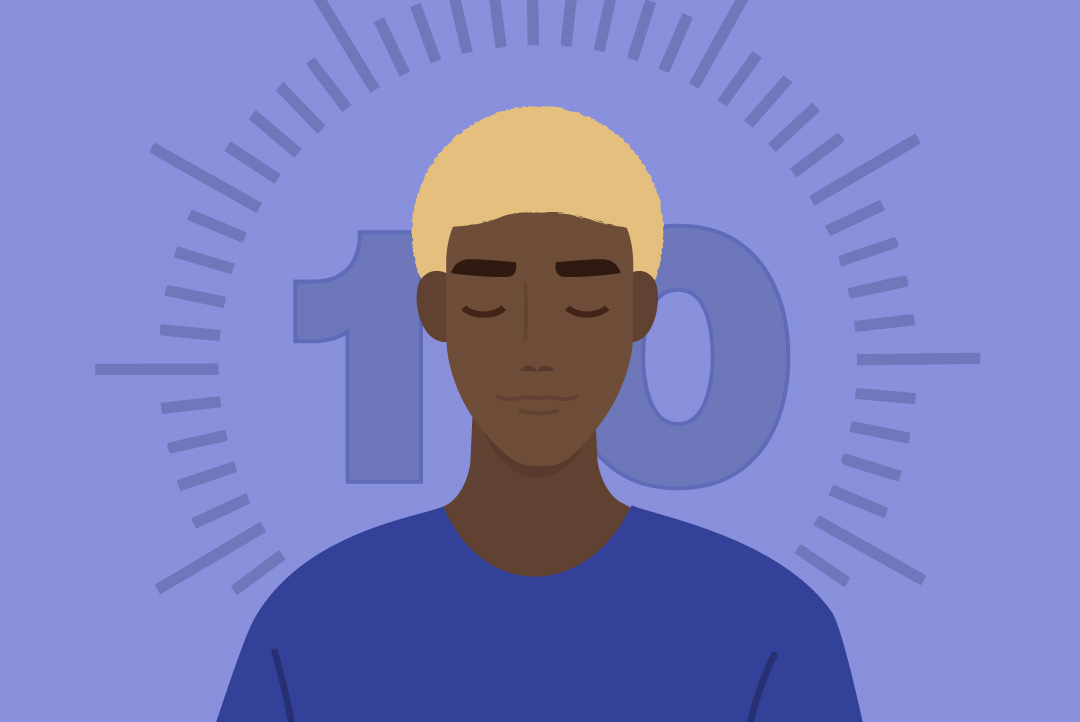
EXPLORE MORE
JUNE 2022
Take a 10-minute mindfulness break
No matter how busy you are, you can do your mind and body a world of good by taking just 10 minutes to breathe. That’s it, just breathe. This short but powerful practice can help you “reboot” whenever you’re feeling stressed or distracted. And you can return to your busy day feeling refreshed, energized and better able to concentrate.
Looking for more? Find other articles below
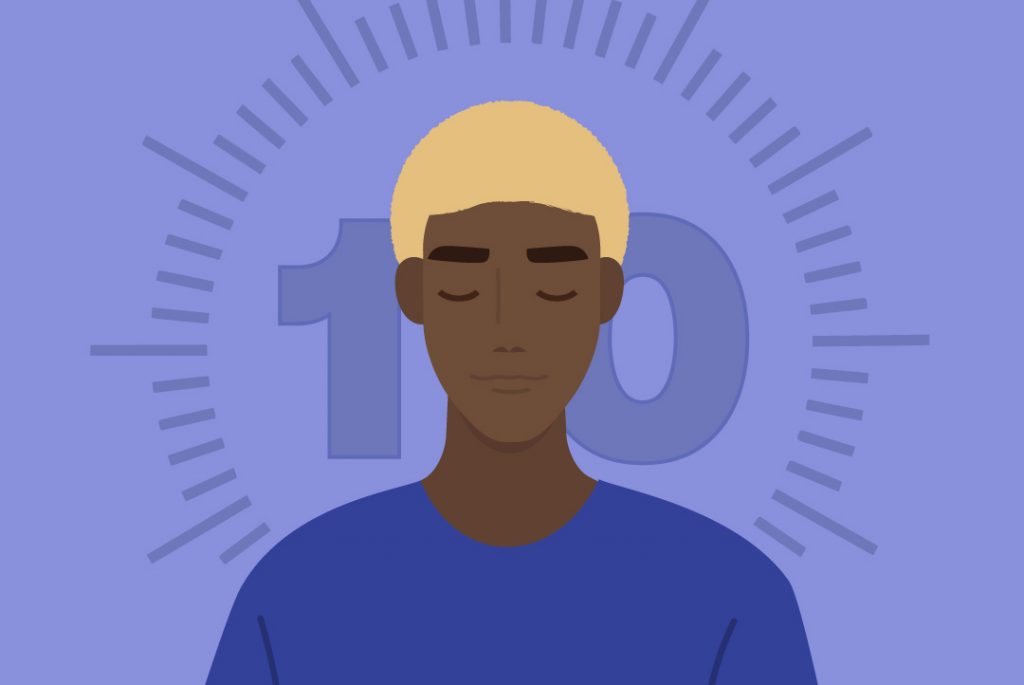
Show transcript
Check below for more resources on mindfulness and relaxation techniques available to you through your Costco benefits.
Take action
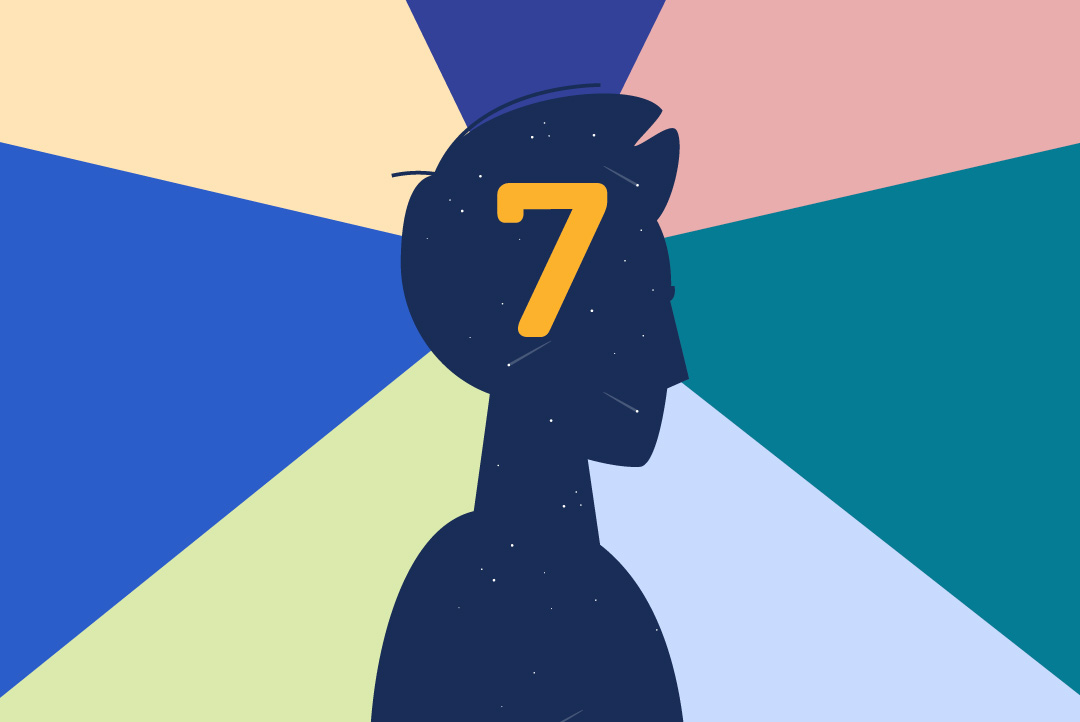
TAKE ACTION
JUNE 2022
7 habits to protect your mental health
Sometimes it seems like life gets more stressful every day. Whether you’re dealing with the typical pressures of balancing work and family, or coping with more serious challenges, it’s easy to feel overwhelmed. So how do you become more resilient? The answer is surprisingly simple: It takes practice.
Finding ways to stay relaxed can help keep stress from taking over your life. And making lifestyle changes can help relieve or even prevent symptoms of depression and anxiety. Here are seven practices to help you stay physically and mentally healthy.
Looking for more? Find other articles below


1. Get enough sleep.
Sleep problems are a risk factor for mental health conditions, such as depression and anxiety. Managing sleep problems early can help lessen the symptoms of mental health conditions and help protect your mental health. If you’re dealing with sleep issues, see the resources below for information on an interactive program that can help.

2. Treat yourself with compassion.
Being overly self-critical can be a risk factor for anxiety and depression. This can include feeling like you have to be perfect to be accepted, having difficulty accepting your own flaws or having an unrealistic sense of what other people expect of you. The answer isn’t to let it all go or say goodbye to having standards; it’s having compassion for yourself. How we treat ourselves through the ups and downs of life can have a tremendous impact on physical and mental health. The next time you’re being self-critical, stop, identify it, and replace the self-critical thought with a more encouraging and positive one.

3. Stay connected.
In a recent Harvard study, researchers attempted to understand how we can protect ourselves from depression. After analyzing over 100 factors, they found that social connection was by far the most important. And it can be as simple as talking with a trusted friend about how you’re really doing.
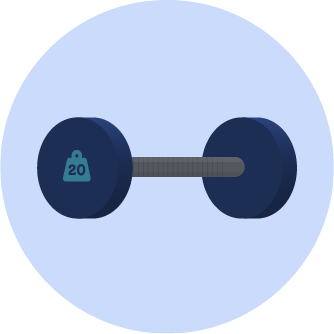
4. Exercise regularly.
An inactive lifestyle is a risk factor for depression. But one study has shown that even 15 minutes of vigorous exercise each day can greatly improve your mood. And another study found that 12 weeks of vigorous exercise for 30 minutes, three to five times per week, reduced depression symptoms by 47%.

5. Eat a healthy diet.
A lot has been written about the link between food and mood. We have so many neurons and neurotransmitters in our gut that it’s been dubbed “the second brain.” Traditional diets (like the Mediterranean diet) that are high in vegetables, whole grains and good-for-your-brain fats are associated with a 25–35% reduced risk of depression compared to a diet that’s higher in sugar, processed foods and dairy.

6. Find meaning and purpose.
If you struggle with mood and negative emotions, it’s particularly important to find sources of meaning in everyday life. Whether you find it through work, acts of kindness, giving back or in some other way, make time for it in your life — and reap the mental health benefits.
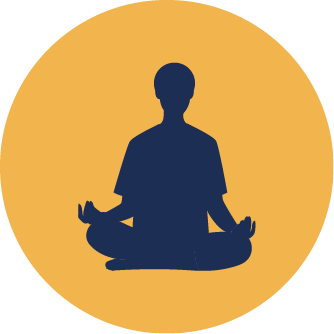
7. Practice mindfulness.
Through mindfulness, you can change how you relate to upsetting thoughts and feelings. Many people find that with continued practice, they can view them with a little more perspective. Mindfulness is not a cure-all, but it can be a helpful tool for shifting how you experience challenges. Try taking a 10-minute mindfulness break the next time you feel stressed.
Source: Psychology Today. 7 simple habits to protect your mental health.
Costco offers the following safe, secure and personalized resources to help you manage stress and improve your emotional well-being.
Take action
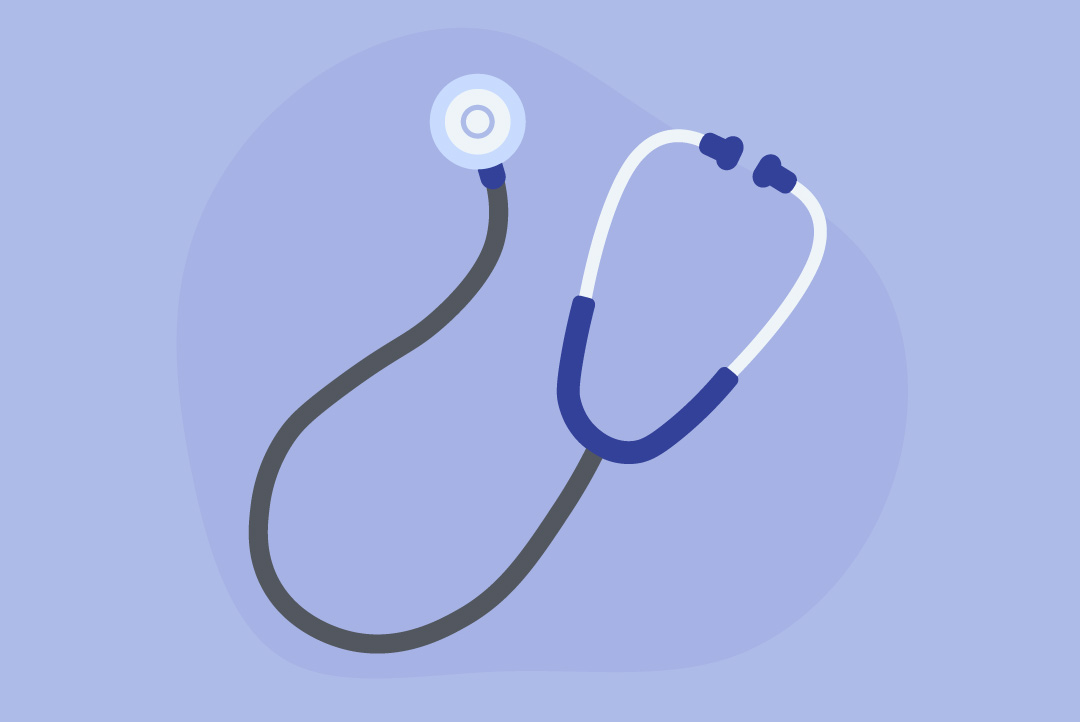
TAKE ACTION
JUNE 2022
Make preventive care a habit
Getting routine care, like annual physicals, screenings and vaccines, can help you stay healthy or catch health issues early, when they’re most treatable. Your Costco medical plan covers routine care at 100% when you see an in-network doctor — and that helps keep your wallet healthy, too.
According to a study published in PubMed, US adults who have a primary care physician have 33% lower health care costs and 19% lower odds of dying than those who see only a specialist.1
Preventive care starts with a yearly physical. Honest talks with your doctor about a healthy lifestyle, including eating better, exercising or quitting smoking, are part of your visit, too. Depending upon your age, sex, and personal and family medical history, your doctor will also recommend the appropriate screenings and vaccines to protect your health.
Looking for more? Find other articles below
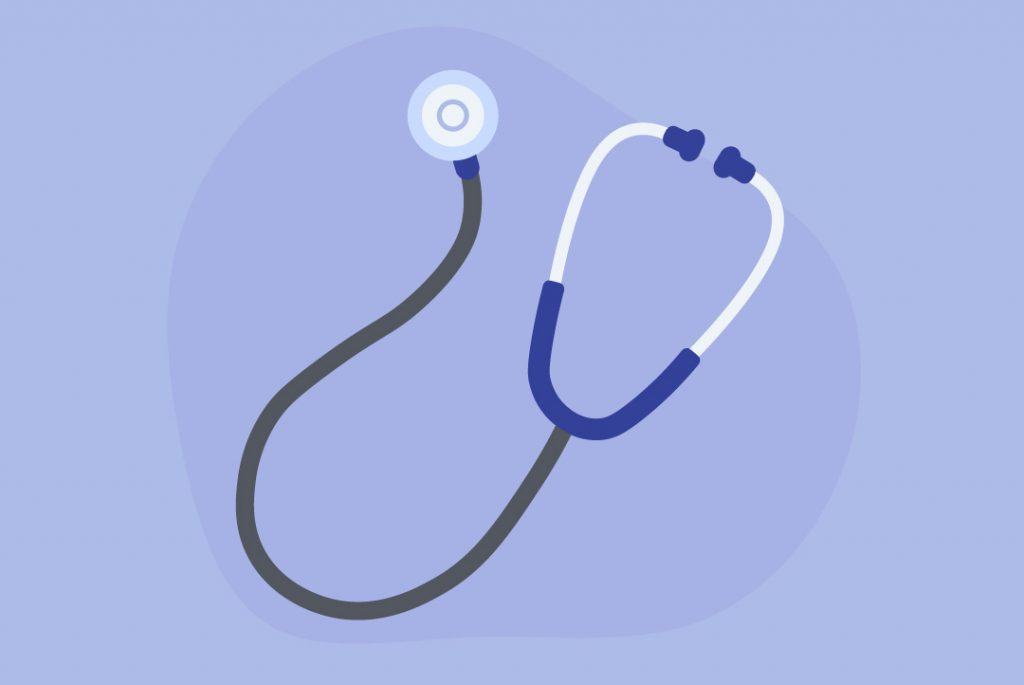
Stay current with vaccines and screenings
The following chart shows what’s generally recommended by the Centers for Disease Control and Prevention (CDC). Not all tests and screenings are needed annually. Talk to your doctor about what’s right for you.
PHYSICAL EXAM
Age: All
Frequency: Ask your doctor
Cholesterol test
Age: 18+
Frequency: Every 5 years from age 20
Flu shot
Age: 6 months and older
Frequency: Annually
Colorectal cancer screening
Age: 45+
Frequency: Every 10 years
Routine OB/GYN exam
Age: 21+
Frequency: Annually
Cervical cancer screening (pap smear)
Age: 21+
Frequency: Every 3 years
Breast cancer screening (mammogram)
Age: 40+
Frequency: Varies by age & risk
Prostate cancer screening
Age: 50+
Frequency: Every 2 years
Dental exams
Age: N/A
Frequency: Twice per year
1Bhat, Samidha S., MD. Health benefits of primary care. Pennsylvania Academy of Family Physicians.
Want to be more proactive about your health? Your Costco benefits include preventive health care resources that can make a difference.
Learn the basics
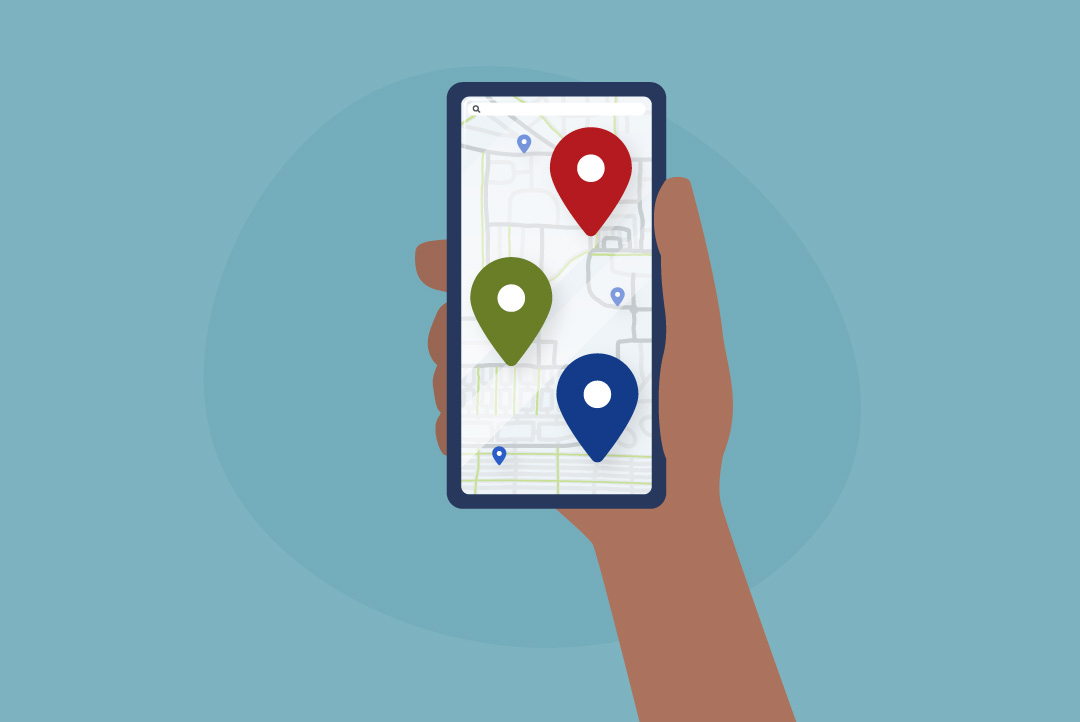
LEARN THE BASICS
JUNE 2022
Get the right care at the right place
It’s after midnight. You suddenly wake up with a blinding headache, a stiff neck and a fever. Should you rush to the emergency room, drop by your nearest urgent care center or simply wait and make an appointment with your primary care doctor? Here are a few guidelines to ensure you get the most appropriate, effective and affordable health care for your condition.
Looking for more? Find other articles below
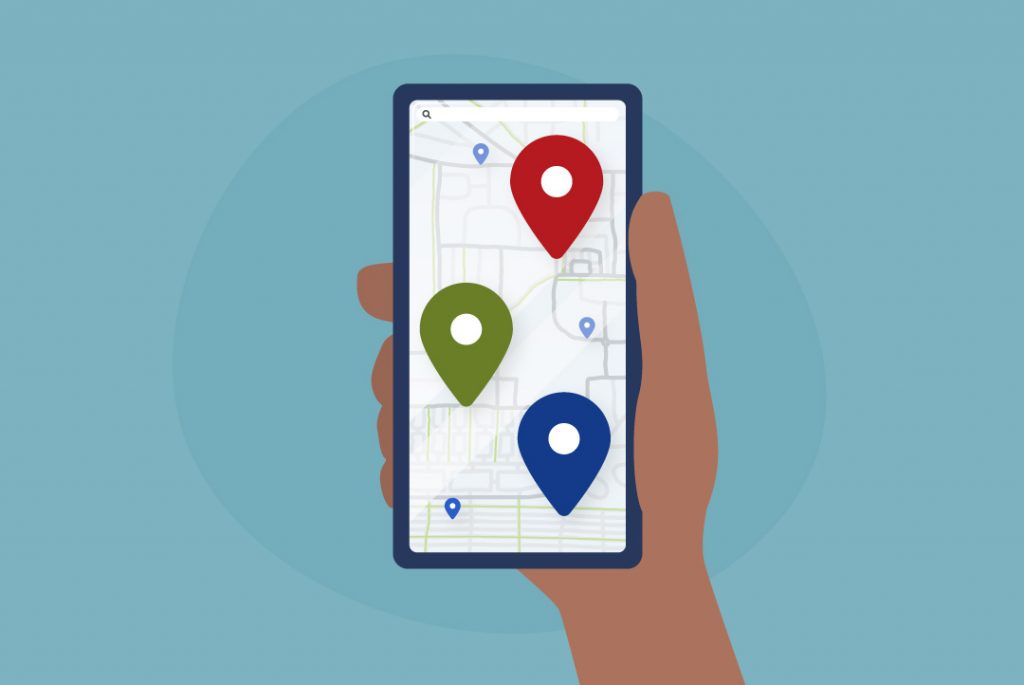
Do you know where to go?
The right place to go for care can depend on your condition and the level of care you need.
In-office primary care
This is your regular trusted provider or provider group. Visit primary care for:
- Annual exams and screenings
- Immunizations
- Chronic disease
- Prenatal care
- Earaches/colds/fevers
- Non-urgent health care needs
Telemedicine
This is an online visit with a doctor. It’s best for:
- Follow-up visits after you’ve already seen your doctor
- An exam of easy-to-see areas, like your eyes or skin
- Severe cold and flu symptoms
- Counseling and other mental health services
- Prescription refills
- Monitoring chronic conditions like diabetes or asthma
Urgent care
Urgent care centers offer quick, effective care for minor injuries or illnesses that need urgent attention. Hours for urgent care centers vary, so be sure to check. Visit urgent care for:
- Minor cuts, burns and wounds
- Minor injuries, infections or irritations
- Severe cold and flu symptoms
- Sprains
- Muscle aches/pains
- Persistent fever
- Allergies
- Severe earaches
- Upset stomach
- Other non-life threatening but urgent needs.
Emergency care
If you or another person are experiencing a life-threatening or serious medical emergency, call 911 or visit the nearest emergency room immediately for 24/7 care. Seek emergency care for:
- Symptoms of heart disease, including chest pain
- Severe shortness of breath
- Warning signs of stroke, including numbness in face, arms and legs
- Severe bleeding or bleeding that doesn’t stop
- Automobile or industrial accident
- Poisoning
- Complicated bone fractures
- Major illness
- Head injuries
- Suicide attempts or thoughts
When should you call an ambulance?
According to guidelines from the American College of Emergency Physicians, you (or someone else, if you’re too ill or injured to call) should call an ambulance when:
- Your condition appears life threatening
- Your condition could worsen and become life threatening on the way to the hospital
- Moving you could cause further harm or injury
Your Costco benefits offer 24/7 health care services you can access from the comfort of home. Check out the helpful resources below for more information.
Sources:
Willamette Valley Medical Center. Know where to go to get the care you need.
WebMD. Telehealth or in-person visits.
Learn the basics
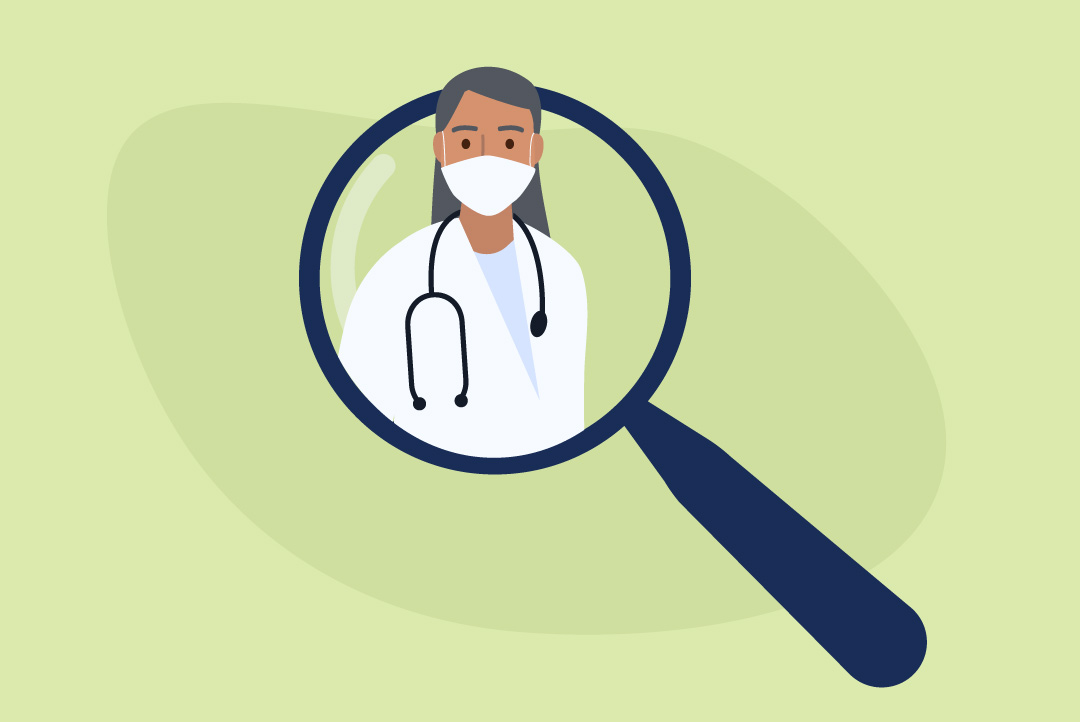
LEARN THE BASICS
JUNE 2022
Do you need a primary care physician?
When it comes to your health, few relationships are more important than the one you have with your primary care physician (PCP). A long-term relationship with a PCP keeps you healthier. They are typically the first to treat any health problems that arise. A PCP can teach you how to lead a healthier life, provide needed medications, screen for disease and recommend specialists when you need them. They’re your health care partner.
Looking for more? Find other articles below
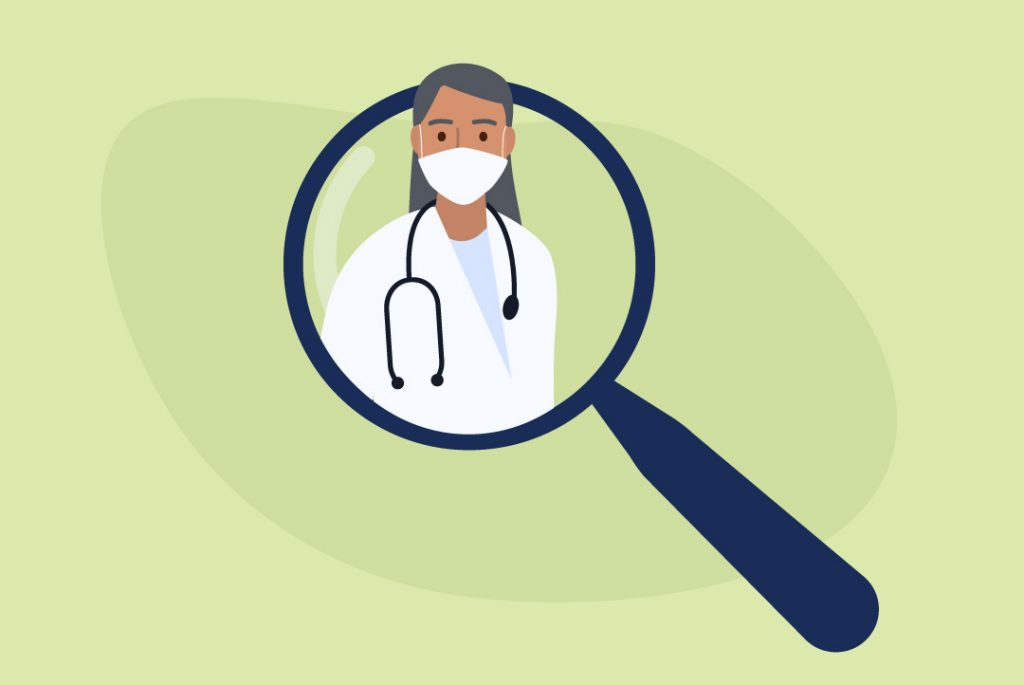
What does a PCP do?
PCPs, also called general practitioners, cover all types of everyday health concerns. They can answer questions about infections, chronic conditions or medicines. With regular visits, such as annual health checkups, your PCP will get to know much about you:
- Your current health
- Your medical history
- Your family’s medical history
- Your treatment preferences and daily challenges
- Your personality and lifestyle
What can a PCP do at checkups?
Your overall health is affected by your personal health history, family health history and lifestyle. A PCP will consider those factors and then:
- Teach you ways to make better decisions about your health to prevent disease. For example, your PCP can guide your efforts to eat more nutritious foods, manage stress or quit smoking.
- Make sure your vaccines are up to date to prevent illnesses like the flu.
- Suggest screening tests to detect problems before you even notice them (like a mammogram for breast cancer).
- Treat health problems that pop up (such as a rash or an infection).
- Help you manage long-term health problems (for instance, diabetes, high blood pressure or depression).
- Find a medical specialist if you need one (like a knee surgeon or a heart doctor).
How can a PCP help me?
PCPs catch potential health problems early, before they become severe. People who have a PCP spend less time in the hospital and less money on medical costs in the long run. According to a recent study in JAMA Internal Medicine, adult patients with a PCP were far more likely to receive high-value care such as cancer screenings, including colorectal cancer screening and mammography, than people without a PCP.
They give you complete care throughout your lifetime and will also know when you need more advanced care, such as a hospital procedure or a specialist.
Are there different kinds of PCPs?
Many types of health care providers offer primary care. Different specialists are trained to see certain types of patients:
- Family practitioners (also known as family doctors) see patients of all ages, sometimes everyone in a family.
- Pediatricians care for children and teenagers.
- Internists, or internal medicine doctors, see only adults.
- Geriatricians care for older people.
- Obstetricians and gynecologists focus on women’s health and pregnancy.
- Nurse practitioners and physician assistants also provide primary care. But they must serve as part of a team that includes a primary care physician, and the physician has overall responsibility for the patient.
How do I find a PCP?
To be comfortable and develop a long-term relationship, it’s important to find a PCP who is qualified, fits your personality and accepts your insurance plan. Many strategies can help you identify the right provider:
- Find an in-network PCP using your Costco benefits search tool (see resources below).
- Talk to people you trust, such as family members, friends and neighbors.
- Ask other health care professionals you know, such as your dentist, a nurse or another doctor.
- Search an online national directory of health care providers. (Organizations like the American Board of Family Medicine offer such directories.)
How do I choose a PCP?
When you’re choosing a PCP, try to schedule an interview to get to know them. Here are some questions you can ask to help you decide if the person is a good fit for your personality, lifestyle and needs:
- What are your qualifications?
- Are you certified in primary care?
- Do you focus on disease prevention or treatment?
- Do you have a more conservative, or more aggressive, approach to treatment?
- How do you decide when a patient needs a specialist?
- How do you like to communicate (in person, by phone, by email)?
- Whom would I talk to when you’re on vacation?
You also may want to consider the PCP’s overall office setting and the staff at the PCP’s office:
- What are the office hours?
- How long does it usually take to get an appointment?
- Does the office do lab tests onsite or nearby?
- Are the staff members friendly?
- Do staff members respond to calls quickly?
Find a PCP who meets your needs with help from your Costco benefits, as described in the resources below.
Source: The Cleveland Clinic. The importance of having a primary care doctor.
Fred Rogers
Healthy recipe

HEALTHY RECIPE
MAY 2022
Greek roasted fish and vegetables
According to Monique Tello, MD, MPH, writing in the Harvard Health Blog, “Researchers found that a healthy diet (the Mediterranean diet as an example) was associated with a significantly lower risk of developing depressive symptoms.”1
The following recipe is a delicious one-dish Mediterranean meal that’s perfect for busy weeknights. Add it to your regular rotation and start building a diet that’s good for your physical and emotional health.
1Harvard Health Blog. Diet and depression.

Ingredients:
1 pound fingerling potatoes, halved lengthwise
2 tablespoons olive oil
5 garlic cloves, coarsely chopped
½ teaspoon sea salt
½ teaspoon freshly ground black pepper
4 5- to 6-ounce fresh or frozen skinless salmon fillets
2 medium red, yellow and/or orange sweet peppers, cut into rings
2 cups cherry tomatoes
1½ cups chopped fresh parsley (1 bunch)
¼ cup pitted kalamata olives, halved
¼ cup finely snipped fresh oregano or 1 tablespoon dried oregano, crushed
1 lemon
Directions:
Step 1
Preheat oven to 425 degrees F. Place potatoes in a large bowl. Drizzle with 1 Tbsp. of the oil and sprinkle with garlic and 1/8 tsp. of the salt and black pepper; toss to coat. Transfer to a 15×10-inch baking pan; cover with foil. Roast 30 minutes.
Step 2
Meanwhile, thaw salmon, if frozen. Combine, in the same bowl, sweet peppers, tomatoes, parsley, olives, oregano and 1/8 tsp. of the salt and black pepper. Drizzle with remaining 1 Tbsp. oil; toss to coat.
Step 3
Rinse salmon; pat dry. Sprinkle with remaining 1/4 tsp. salt and black pepper. Spoon sweet pepper mixture over potatoes and top with salmon. Roast, uncovered, 10 minutes more or just until salmon flakes.
Step 4
Remove zest from lemon. Squeeze juice from lemon over salmon and vegetables. Sprinkle with zest.
Nutrition
Serving size: | Calories: 422 | Carbohydrates: 31.5 g | Protein: 32.9 g | Fat 18.6 g | Saturated fat: 2.4 g | Cholesterol: 78 mg | Sodium: 593.1 mg | Fiber: 5.7 g | Sugar: 6.6 g
Recipe Source: EatingWell.com

PODCAST
MAY 2022
How to talk to a depressed or suicidal friend
Suicide is one of the leading causes of death in the United States. In 2020, it accounted for the loss of 45,979 American lives, nearly double the number of lives lost to homicide. And it was the second leading cause of death for people ages 10–14 and 25–34.
Chances are someone in your family or circle of friends struggles with depression and may be having suicidal thoughts. How can you help? Start by listening to this thirty-minute podcast. You’ll discover how to recognize the signs of depression and help someone who’s considering suicide get the care they need. Don’t have time for the podcast? Learn the signs of suicide risk.
Looking for more? Find other articles below

Show transcript
Sources:
Resources For Living®. How to talk to someone who is depressed or having thoughts of suicide.
Centers for Disease Control and Prevention (CDC). Facts about suicide.
If you or someone close to you is struggling with depression or suicidal thoughts, remember the following resources are available to help you find care and treatment. These resources are confidential and available to you at no extra cost.
Explore more
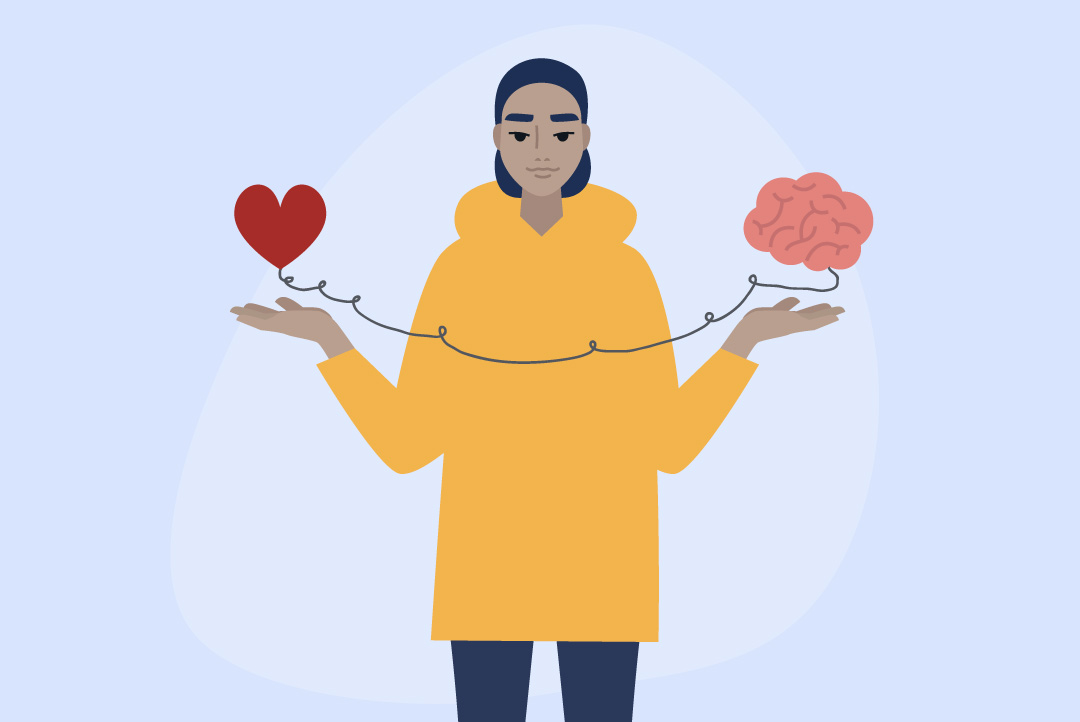
EXPLORE MORE
MAY 2022
Make a healthy heart-mind connection
Your mental health affects how you think, feel, act and make choices. It can also have a profound effect on your physical health. Recent studies have shown that trauma, depression, anxiety and stress can have an impact on the body, especially the heart. It’s a connection worth exploring.
Looking for more? Find other articles below
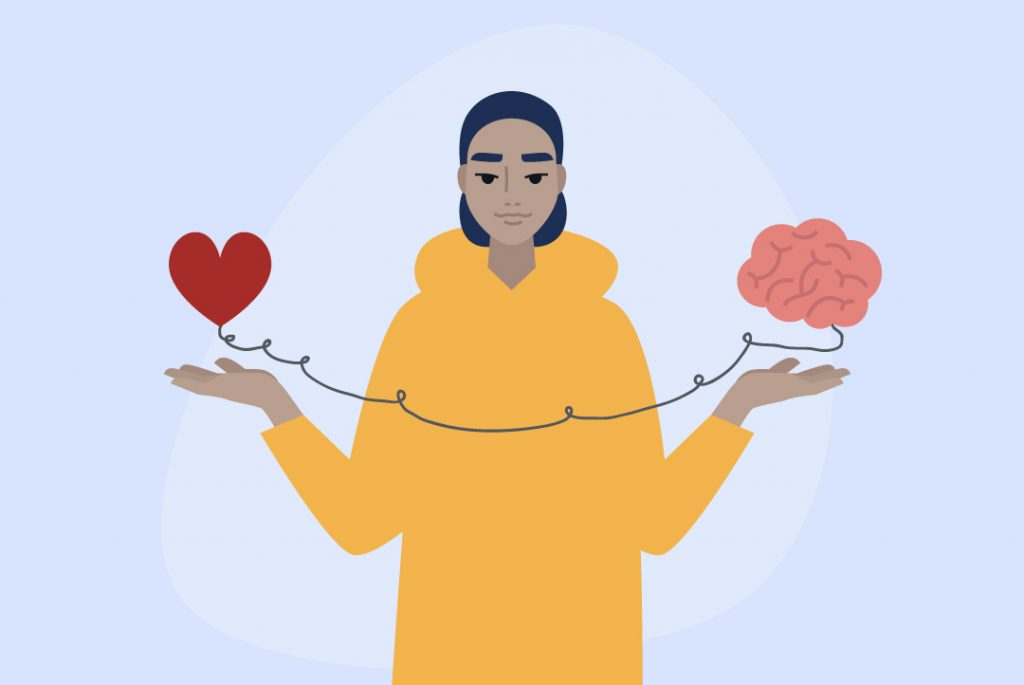
What’s the link between mental health conditions and heart disease?
A growing body of research shows that certain mental health conditions can be risk factors for heart disease. People who struggle with depression, anxiety, stress or post-traumatic stress disorder (PTSD) for extended periods may experience a faster heart rate, high blood pressure, reduced blood flow to the heart and heightened levels of cortisol. Over time, these effects can lead to calcium buildup in the arteries, metabolic disease and heart disease.
Evidence also shows the reverse — that mental health conditions, such as depression, anxiety and PTSD, can develop after a major heart event, such as heart failure, stroke or heart attack. These conditions can be brought on by a variety of factors, including pain, emotional distress and financial stress.
Medicines used to treat mental health conditions may be another risk factor for heart disease. For example, the use of some antipsychotic medications has been associated with obesity, insulin resistance, diabetes, heart attacks, atrial fibrillation, stroke and death. Talk with your doctor about the risks and benefits of antipsychotic medications.
What mental health conditions are related to heart disease?
Some of the mental health challenges most associated with heart disease are:
- Mood disorders: Major depression or bipolar disorder that affects your psychological or emotional well-being nearly every day.
- Anxiety disorders: Responding to a person, object or situation with fear, dread or terror. These include generalized anxiety, social anxiety, panic disorders and phobias.
- PTSD: A condition that may follow a traumatic life experience, such as war, natural disaster or any other serious incident.
- Chronic stress: Constant, uncomfortable emotional stress that persists over an extended period. It’s accompanied by biochemical, physiological and behavioral changes.
What groups have higher rates of heart disease from mental health conditions?
- Veterans. Studies found that veterans are at a higher risk for heart disease, mainly due to PTSD resulting from combat.
- Women. Studies exclusively focused on women found that PTSD and depression may have damaging effects on physical health, particularly with increased risk for coronary heart disease-related illness and death. (Although men experience traumatic events more often, women are far more likely to be the victims of rape, sexual assault and sexual abuse as children, all of which are more likely to result in PTSD.)
- Couples with someone who has PTSD. Comparative studies found that couples in which one or both partners had PTSD experienced more severe conflict, greater anger and increased impacts on cardiovascular health than couples where neither partner had PTSD.
- Racial and ethnic minorities. Lastly, studies focused on how racial or ethnic minority groups are more vulnerable to depression, stress and anxiety. Due to inequities that affect health, adverse childhood experiences and racism/discrimination, some in this group could also be at a higher risk for hypertension, cardiovascular reactivity, heart disease and poor heart health outcomes.
How can you heal your own mind-heart connection?
If you, or someone close to you, is at risk for heart disease due to mental health challenges and other factors, get the help you need sooner, rather than later. See a mental health professional for help with your condition and focus on improving your emotional and physical well-being. Get more exercise. (Choose an activity you love and stick with it!) Eat a healthy diet. Quit smoking. And reduce stress with a mindfulness practice, such as meditation or yoga.
Source: Centers for Disease Control and Prevention (CDC). Heart disease and mental health disorders.
For a referral to a specialist or mental health support, the following resources can help. They are confidential and available to you at no extra cost.

